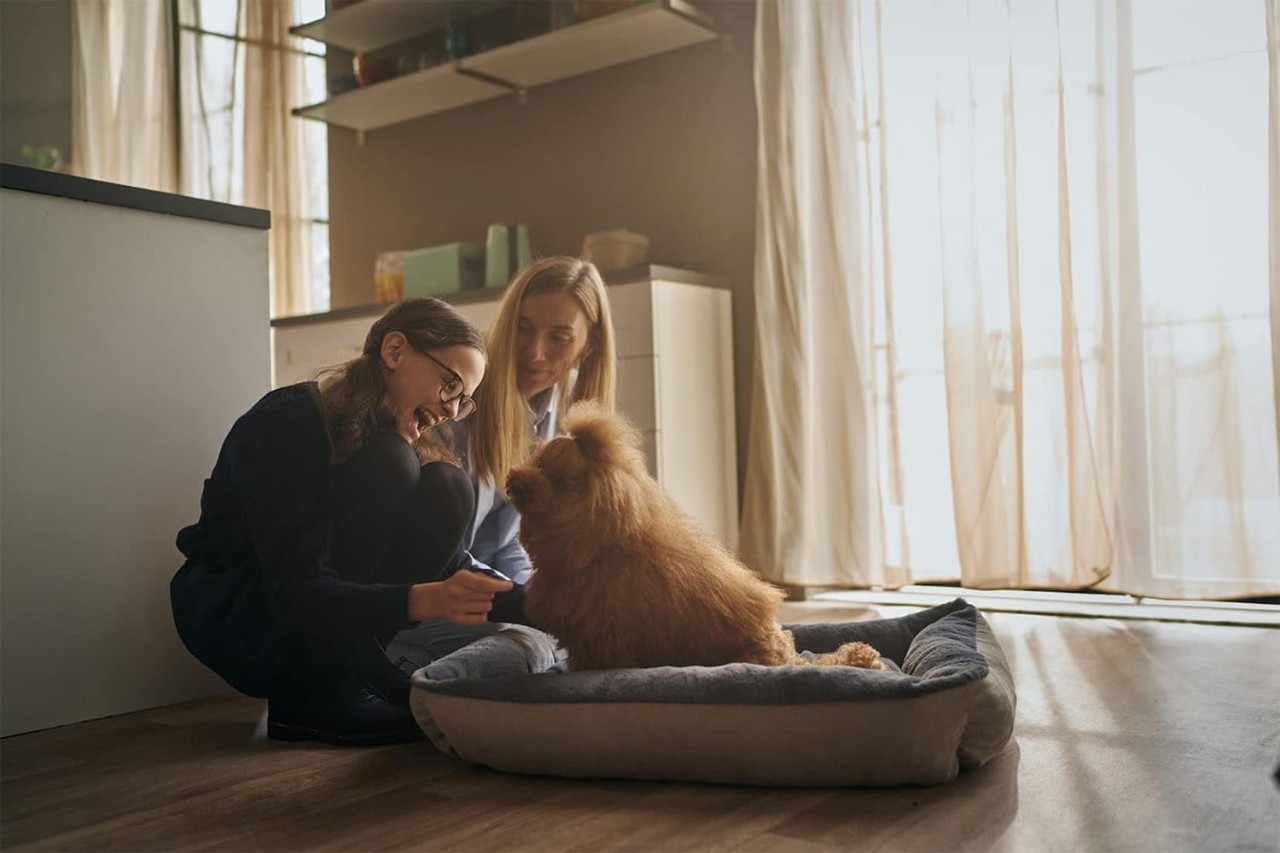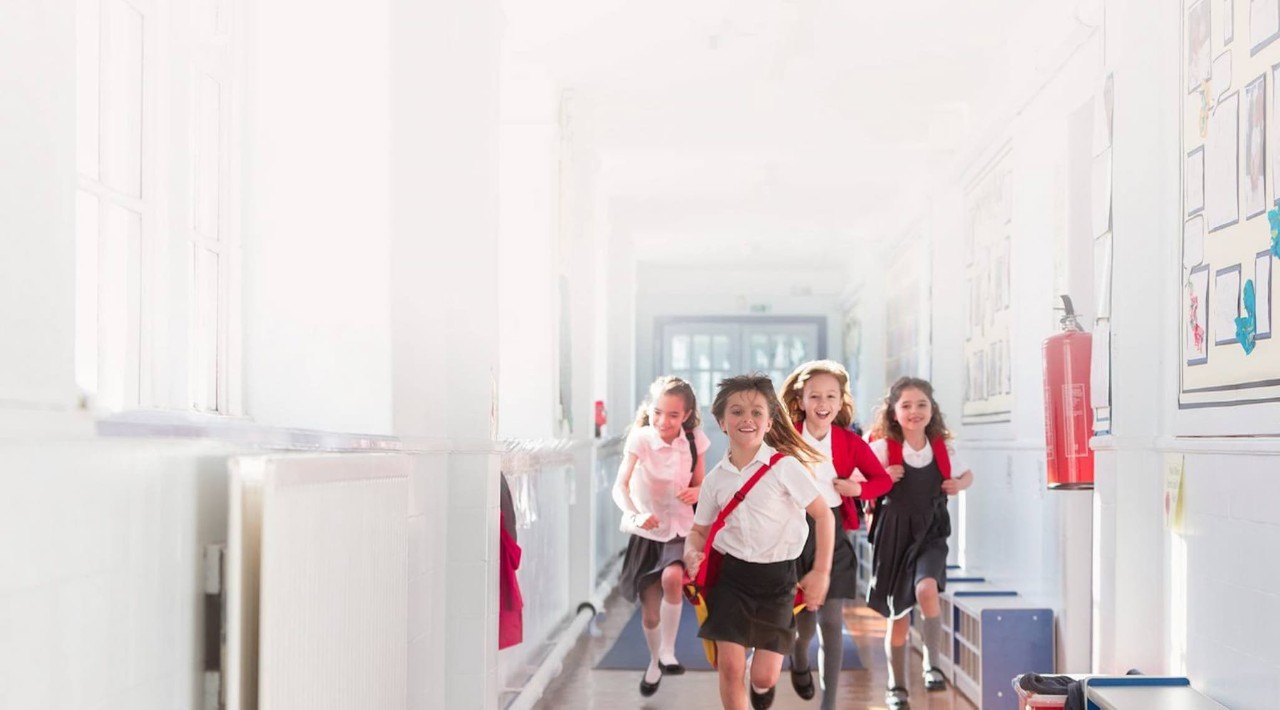Angela Hickey | August 2022
When we choose to take on the care of a pet we need to be aware of their needs and be able to fulfil them, and also actively reward behaviours that help them fit in to our lives, so that we can have a win/win relationship for both pet and human. Our in-house vet has put together a list of things to consider to achieve this:
1. Choose well
Do lots of research before you take on a pet to be sure you know in advance what their needs will be. Maybe a cat will suit you better than a dog? Do you want a large, active, outdoor dog for long walks, or a small dog more suited to indoor life? If you are homing a rescue dog from a shelter be sure you get good advice about its temperament and how to avoid behavioural problems. Puppies from a puppy farm situation, or not reared in a home environment, are unlikely to have been adequately socialised, and will need a lot of extra work to overcome this. Puppies or kittens that are shy, fearful and withdrawn are likely to have behavioural problems and will need extra care.
2. Train well
Reward based training is a great way to achieve both wellbeing and positive behaviour in your pet. There is no room for punishment as it will only create a fear response in your pet and interfere in the formation of an affectionate bond between you. The old idea of you being a ‘pack leader’ is not appropriate. Your pet needs calm, firm but kind, repetitive, dependable responses from you to learn what you want from them, with rewards for achieving the desired behaviour and disengagement when they show an undesirable behaviour. Basic reward based training for toileting, sit, stay, recall, leave, walking to heal on the lead etc. needs to begin from day one and continue throughout your pet’s life to ensure positive reinforcement. The aim is to build trust, dependability and lots of affection between you.
3. Prepare well
Always think ahead and prepare your pet for events such as going to the vet, the groomer, spending time alone at home and staying in boarding kennels etc., just as you would prepare a child for any anxiety producing event. Start from when you first get your pet by spending some time each day gently handling ears, looking at teeth, touching paws and tail, brushing their coat, wearing a muzzle etc. Reward as you go with encouraging words and treats. This will help them a lot when they need to be examined at the vet surgery and if they need grooming. It is very useful to do a ‘dry run’ to the vet and groomer when they are well, just to acclimatise them to the sounds and smells and handling in these new environments. If their first visit there is due to feeling unwell and they experience a type of handling they are unused to, or painful treatment, they will build up a level of fear and anxiety associated with those visits. Cats may disappear when the cat carrier is produced due to associating it with a vet visit. It is better to leave a cat carrier open and available as a sleeping area that they can get used to, rather than producing it only when they are unwell and stressed by it.
Also prepare your pet to cope with ‘time alone’ by leaving and returning for gradually longer periods of time so that they are not distressed when you leave them.
4. Treat well
Knowing your particular pet’s needs based on breed, age, size etc. is vital so that you can treat them as they need to be treated. A good, healthy diet, and adequate exercise and stimulation from toys, puzzle feeders etc. are important to avoid boredom and possible destructive behaviour as a result. Time spent actively playing with your pet, teaching them new tricks and regularly reinforcing old training is very beneficial in strengthening the bond between you and maintaining a sense of wellbeing in both of you. Reward well by giving lots of praise, treats, or a favourite toy when your pet meets your needs in a given situation, such as a reliable recall when off lead.
Other activities such as agility and tracking by scent, or pet therapy (visiting people in hospitals etc.) may be a good hobby for both you and your pet to pursue.
Affectionate ‘cuddle time’ each day is also important for both of you!
5. Provide well
Providing adequate food, exercise and companionship is vital for your pet’s wellbeing and behaviour. But they also depend on you to provide for other needs such as veterinary treatment if they are unwell or in pain, so consider pet insurance.
You may also need some help from good dog trainers and behaviourists if there are problems with training or behaviour. Our in house vet recommends looking into dog trainers who use reward based training only and who involve you and all of the family in rehabilitation. We all play a part in helping to correct any problem behaviours and encourage positive behaviours in our pets and may need help to learn how to do this consistently.
Veterinary Animal Behaviourists are the specialists you need to be referred to by your vet if basic training is not resolving a problem and there are issues such as fear, anxiety or aggression. Allianz Pet Insurance cover includes this level of treatment for your pet. Find out more about our pet insurance here.
Allianz p.l.c. is regulated by the Central Bank of Ireland. Standard acceptance criteria and policy conditions apply.
Information correct as of date of publishing. This blog will not be updated or edited so the information may become outdated.






